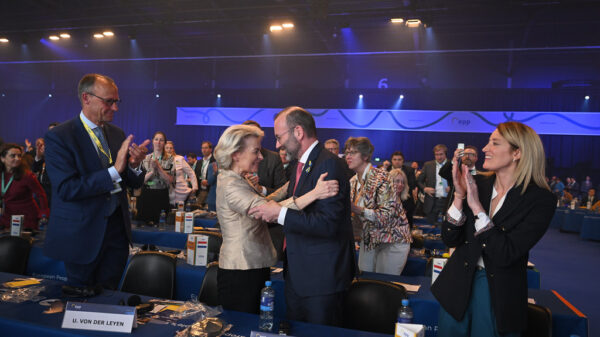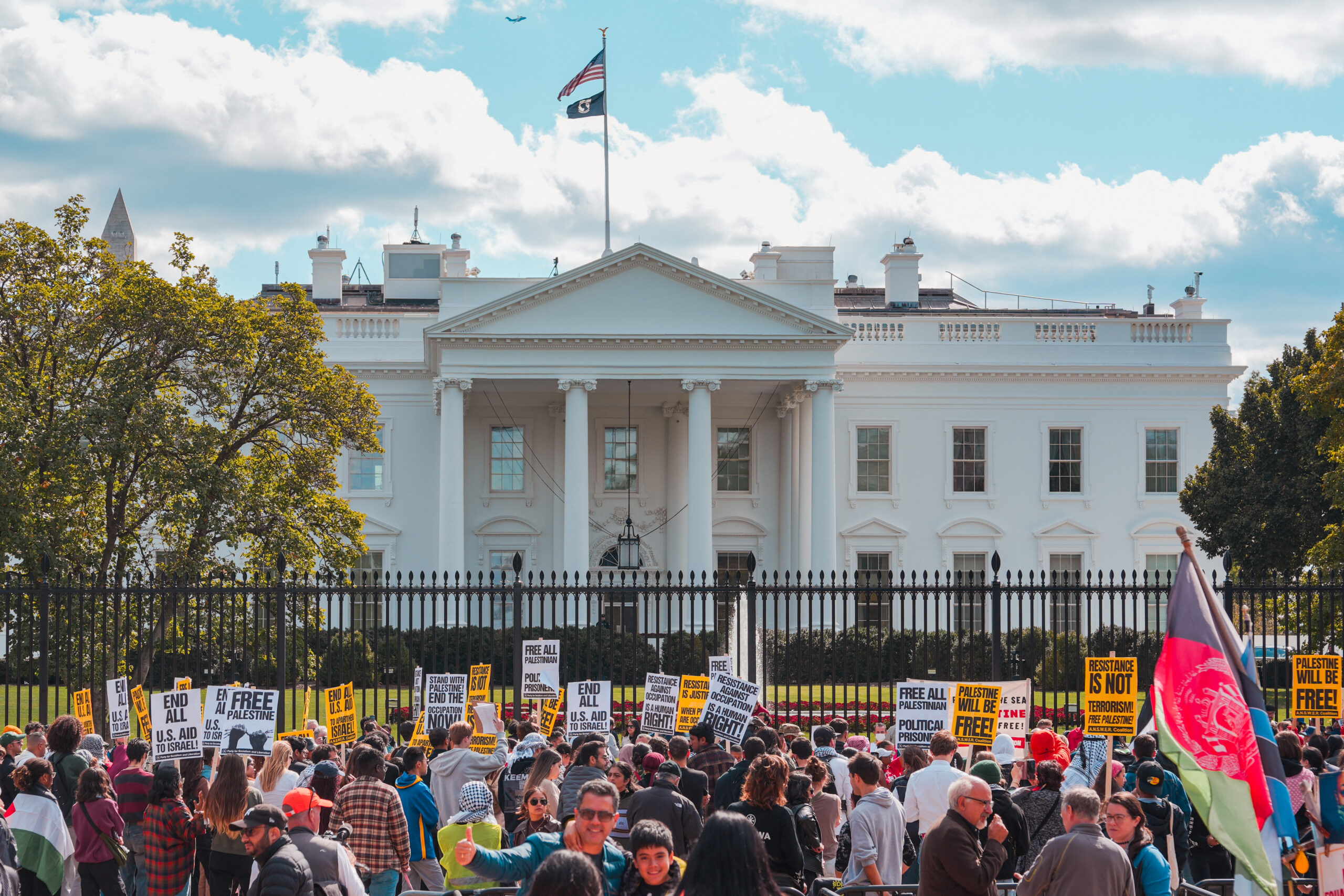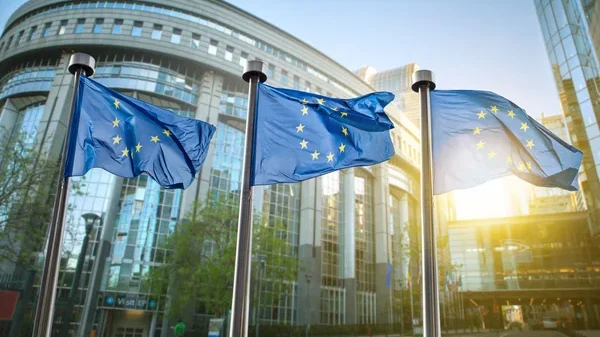Staff writer Maxence Armant discusses the geopolitical fallout of the ‘Inflation Reduction Act’ (IRA), examining the impact that it has had on European countries.
The Inflation Reduction Act (IRA) is an ambitious plan launched by the Biden administration. Over $369 billion will be invested in the US economy to tackle climate change, with subventions and tax credits destined for wind turbines, electric car batteries, and solar energy. The IRA will help attract the investment necessary for US decarbonisation, but will also threaten Europe’s industry. Joe Biden has decided to act on climate and favour green investments, but it will always keep the protectionist streak of ‘America first’.
The immediate impact of the IRA
Since the bill was passed, the IRA has created upheavals on the continent. Major European companies have announced the pivoting of their investments to the US, following guarantees of highly attractive subsidies. The Swedish battery maker Northvolt was looking for a place to expand its industrial activity. Germany was a solid option with its promise of a $155 million subvention of industrial funding. Since, the US offered up to $800 million to the company if they build on American soil – the battery maker quickly changed sides. Volkswagen and BMW are following the same pattern. Another example is to be found with Spain’s energy whale, Iberdrola. The company has announced the moving of half of its investments to the US, while the European Union (EU) will account for only 23%.
Confusion aside, the Biden administration’s will to act on climate change is with no doubt extremely good news for the world. The U.S. is the second global carbon emitter on the planet. A massive plan with a Rooseveltian feel like the IRA was more than necessary. Nevertheless, the chosen methods are questionable. The Biden administration has a distinct protectionist nature within its climate action. With massive tax credits and subsidies to companies, the US will invite foreign companies to invest on its soil. Households will also benefit from such aids if they buy electric vehicles (EVs), but only if fully constructed in America. By comparison, France also offers financial subsidies to households buying electric cars, no matter where they were produced. From now on, green investments must always be made in the US – Joe Biden has shown that ‘America first’ will always prevail, no matter the president.
A threat to transatlantic common interests
Protectionism before free trade is certainly not a new idea in economic development and history. Britain decided to become a free trade economy at the end of the nineteenth century when it already dominated the textile industry. Before, the Empire used extremely aggressive protectionist policies against India’s textile market with measures such as the Calico Acts (1721). But the world we live in is not the same as it used to be. American actions cannot ignore the game of political alliances that exist between them and the EU.
With the IRA, the US will increase the global competition between countries to attract investments and will put the EU in a delicate position. The US is creating an unfair trading situation by offering highly important rewards to companies to invest there, rather than in Europe. European imports will be penalised while the difference in energy prices that the US benefits from has increased the value of the dollar. The US is attracting investments from all parts of the world, sacrificing its transatlantic ally. America aims to reindustrialise and compete with China, at the expense of Europe.
Theoretically, such discriminatory mechanisms are prohibited by the World Trade Organization (WTO), but the US has decided to bypass them, breaking with multilateralism. The IRA will increase the global divisions which have emerged in the last few years. Geopolitical interests prevail over rules, as the current economic relations between the US and China have proven. The US’ protectionism backs the EU into a corner; European countries have limited options to counterattack. The option of a commercial war with the US would contradict its principles of multilateralism and free trade and escalating conflict would likely further disadvantage them. On the other hand, they risk having industries continually poached from them.
Europe’s reaction
Facing the risks that the IRA represents for Europe’s industry, European leaders have shown different levels of concern. German Federal Minister of Finance Christian Lindner and French Minister of Finance Bruno Le Maire have met, with the latter asking for a “wake-up call” from his counterparts. While European Commission president Ursula von der Leyen has called for more common European investments to be made to protect Europe’s industry, Germany has declared opposition to issuing money in any new European plan. French president Emmanuel Macron has proposed a ‘Buy European Act’, similar to the IRA, with no major enthusiasm from its allies.
If no political consensus was to be found with the US, the EU could also aim to buy more from China. The Chinese industrial advance into solar panels and EV batteries could take decades to catch up. Buying from China’s industry at very competitive prices could accelerate the energy transition. The true dilemma for Europe behind the IRA might in reality be between industrial sovereignty and climate action.
On a less speculative note, alongside the elaboration of the IRA, the Biden administration did not properly inform its allies of the implications it could have. On his state visit to Washington, French president Emmanuel Macron described the IRA as “super aggressive” against French and European industries, and asked president Biden to be “respected as a good friend”, insisting on the need for transatlantic unity in all political spheres.
Between reciprocal gifts, American bubbles and military parades in a bleak winter sky, president Biden acknowledged that the US had no interest in destabilising the European industry and economy with unfair competition, especially in the context of the war in Ukraine. President Biden acknowledged his French counterpart as “a friend” and confirmed his will to align the US with European interests. Even though the French president knows he will not be able to change American law, his diplomatic visit rather aimed to provoke a reaction among European leaders to come up with a common response. It remains to be seen if Europe will wake up.

















